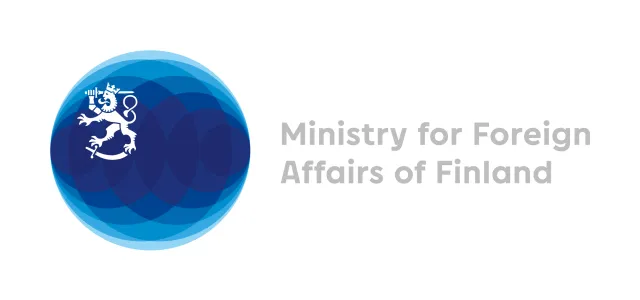Human rights work faces a serious funding crisis. There are real risks that many organisations will not survive beyond current funding cycles as resources are increasingly directed elsewhere. The declining investment in human rights is having a direct impact on the erosion of respect for human rights and the deteriorating context for HRDs.
The rapid disappearance of human rights funding is creating an unhelpful level of competition for scarce resources and fracturing the human rights movement. This is exacerbating the effects of repression by undermining the efficacy of human rights organisations. Human rights organisations seek the stability of core funding from philanthropic donors and governments, which they argue offers better value, provides more sustainable foundations, and enables experimentation and risk-taking in increasingly hostile environments where adaptation is important.
Funding is important for HRDs, but it is also an area that exacerbates risks. Receiving foreign funding opens them up to accusations of representing foreign interests, while laws against foreign funding are now an established feature of an increasing complex operating environment. Donors need to be cautious about requiring grantees to adopt (or appear to adopt) certain positions as conditions for funding, so as not to heighten their vulnerability in challenging political circumstances.
A second area of risk is in the context of sanctions. At a time when accountability is very difficult to achieve, states have increasingly adopted sanctions regimes as a substitute. However, strict compliance with sanctions is causing additional challenges for HRDs, as financial institutions block or restrict access to foreign funds on which their work and livelihood may depend. This challenge extends beyond sanctions alone, as the fastidious compliance of financial institutions with regulations often fails to take account of the particular circumstances of HRDs facing repression. Similarly, where HRDs have been maliciously flagged as terrorists with Interpol, this may also have implications for their access to financial institutions.
Proposals for action:
- In the context of shrinking funding for human rights, government donors should consider more integrated approaches to funding. For example, portions of funding earmarked for crises could be allocated to human rights. This could have the positive effect of strengthening connections between the fields of human rights, peace and security, development, and climate.
- Human rights donors should engage with the urgent plea for flexible core funding for human rights organisations and avoid rapid changes in priorities that make it increasingly difficult to secure a sustainable financial foundation for human rights work.
- States imposing human rights sanctions should create certain explicit exemptions for HRDs within sanctioned states.
- States should interact with international and national financial institutions about human rights issues and about HRDs.
- Financial institutions should sensitise themselves to the challenges experienced by some HRDs in accessing funds and introduce safeguards against them being blocked.
David Griffiths
Wilton Park | March 2025
David Griffiths develops strategy for social impact and human rights, based on 20 years’ experience in the sector. He is an Associate Fellow at Chatham House and works with NGOs, philanthropic foundations, governments, and inter-governmental organisations through his consultancy practice, Free Thought, which is based in London and The Hague.
If you would like further information about Wilton Park’s human rights convening, please contact Senior Programme Director, Ľubica Polláková: lubica.pollakova@wiltonpark.org.uk
In partnership with


-
Notes
Wilton Park reports are brief summaries of the main points and conclusions of a
conference. The reports reflect rapporteurs’ personal interpretations of the proceedings.
As such they do not constitute any institutional policy of Wilton Park nor do they
necessarily represent the views of the rapporteur. Wilton Park reports and any
recommendations contained therein are for participants and are not a statement of policy
for Wilton Park, the Foreign, Commonwealth and Development Office (FCDO) or His
Majesty’s Government nor any participating governments.
Should you wish to read other Wilton Park reports, or participate in upcoming Wilton Park
events, you can find out more here.
To receive our monthly bulletin and latest updates, please subscribe here.
